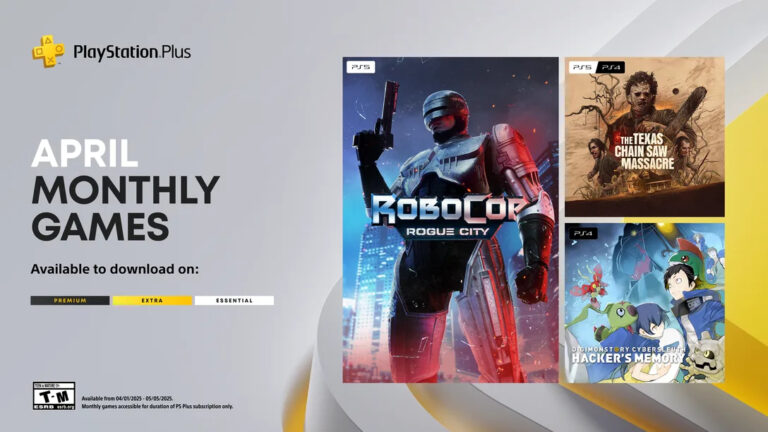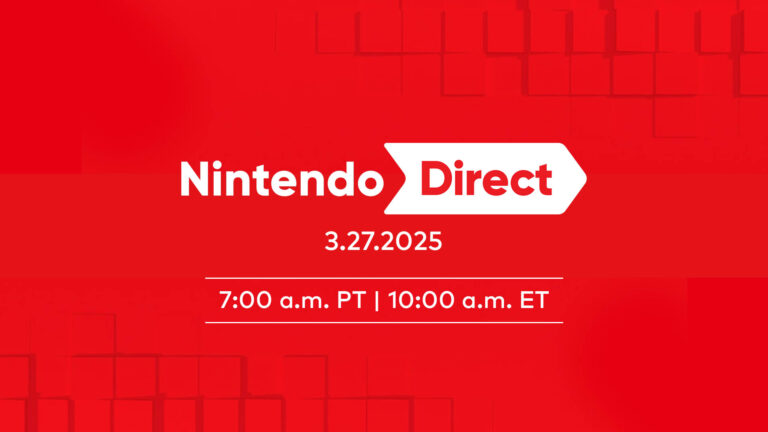According to a recent document submitted as part of the court case between the Federal Trade Commission and Microsoft over the Activision Blizzard acquisition, a New Nintendo console will launch “as early as next year.” Microsoft recently won its court case against the FTC over its proposed acquisition. While the FTC recently claimed it would appeal the court decision, a US court recently denied the regulator’s “temporary pause” request to stop Microsoft‘s acquisition, granting the company to proceed with the acquisition in the US after the current restraining order on the deal expires at 11:59pm PT on Friday.A snippet of the document regarding the upcoming Nintendo console reads:
“Microsoft tracks Xbox’s performance against PlayStation not because those two consoles provide a complete competitive landscape, but rather because they were released at the same time. Switch was released three years earlier, and Nintendo is expected to release the successor to the Switch as early as next year, whereas PlayStation 5 and the Xbox Series X|S are at a different stage of the console life cycle.”
Judge Corley’s recent statement regarding their decision on Approving Microsoft’s acquisition:
Microsoft’s acquisition of Activision has been described as the largest in tech history. It deserves scrutiny. That scrutiny has paid off: Microsoft has committed in writing, in public, and in court to keep Call of Duty on PlayStation for 10 years on parity with Xbox. It made an agreement with Nintendo to bring Call of Duty to Switch. And it entered several agreements to for the first time bring Activision’s content to several cloud gaming services. This Court’s responsibility in this case is narrow. It is to decide if, notwithstanding these current circumstances, the merger should be halted—perhaps even terminated—pending resolution of the FTC administrative action. For the reasons explained, the Court finds the FTC has not shown a likelihood it will prevail on its claim this particular vertical merger in this specific industry may substantially lessen competition. To the contrary, the record evidence points to more consumer access to Call of Duty and other Activision content. The motion for a preliminary injunction is therefore DENIED.
Stay tuned at Gaming Instincts via Twitter, YouTube, Instagram, and Facebook for more gaming news.
No related posts.






